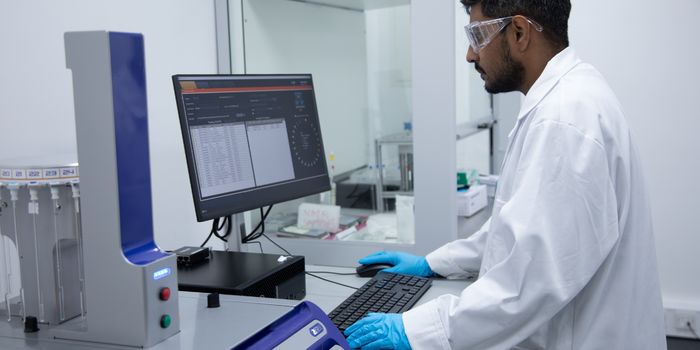Single Dose of Common Antibiotic Reduces Maternal Sepsis Risk

“These findings have the potential to change clinical practice by providing a safe, effective and low-cost approach to reduce the global burden of maternal sepsis and death,” said Diana W. Bianchi, M.D., director of NIH’s Eunice Kennedy Shriver National Institute of Child Health and Human Development (NICHD), the primary funder of the trial.
“We urgently need effective strategies to prevent pregnancy-related infections, which account for roughly 10% of maternal deaths worldwide," she added.
Studies show that azithromycin reduces maternal infection among women with a planned cesarean delivery. A randomized trial of intravenous azithromycin prophylaxis for cesarean delivery administered during labor led to a 50% lower incidence of maternal infection than those on a placebo- as well as lower health-related costs. The antibiotic is thus now recommended in the US and elsewhere for women undergoing cesarean delivery.
How the antibiotic affects planned vaginal deliveries, however, remains unknown. In an attempt to change this, researchers recently conducted a multicountry, placebo-controlled, randomized trial involving 29, 278 pregnant women. In the study, they investigated the effects of a 2g oral dose of azithromycin administered during labor on maternal outcomes.
Altogether, maternal sepsis occurred in 1.5% of participants in the azithromycin group and 2.3% in the placebo group, indicating that the antibiotic may reduce the rate of maternal sepsis. Moreover, endometriosis occurred in 1.3% of women in the azithromycin group and 2% in the placebo group.
They further noted that less than 0.1% of women in each group died from sepsis, and that similar numbers of stillbirths and neonatal deaths occurred in both groups: 10.5% in the azithromycin group and 10.3% in the placebo group.
The researchers wrote that there are some limitations to their findings. For example, adding routine azithromycin for vaginal deliveries may increase antimicrobial resistance, lead to changes in the maternal or neonatal microbiome and incur drug side effects and costs. They ultimately noted that long-term data are needed to inform the usage of azithromycin for vaginal delivery.
Sources: EurekAlert, The New England Journal of Medicine








